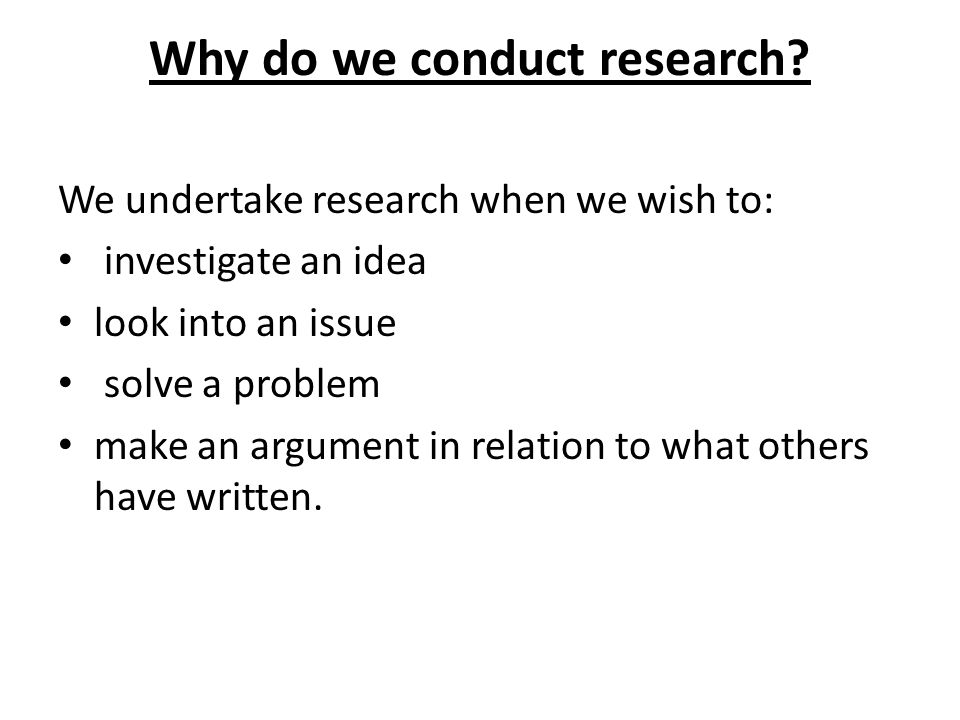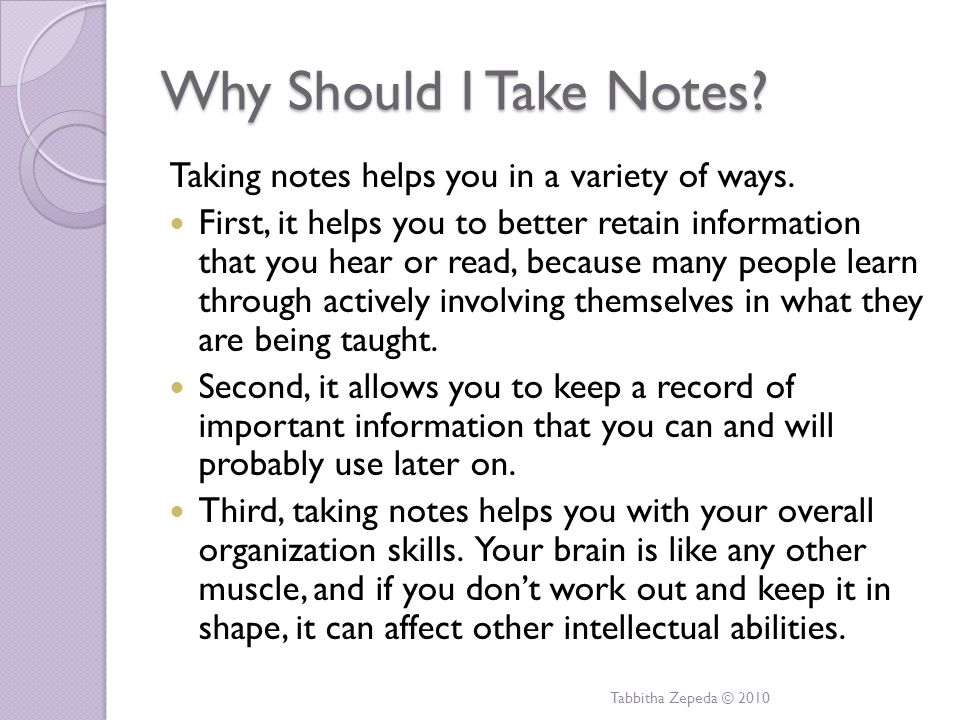
Be it content or copy, the outcome is decided long before the writing even begins. But what determines either’s success? The quality of research. Whatever may be the objective, the finished write-up must deliver substance and value to the reader. It should also stand apart from similar pieces already existing on the web.

Every company is turning into a content company. While that’s great news for us writers, it also means that there will be lots of similar write-ups. Lazy writers typically recycle the top five Google search results and incorporate them into their writing. However, Google has become smart enough to not rank such content anymore. Therefore, no matter what kind of content you write—business blogging to writing ad copy and everything in between—research forms a crucial part of the entire process.
3 Tips for Conducting Research
The only way to stand out and become a writer that clients keep coming back to is to develop great research and analytical skills. Here are the three crucial tips for conducting research effectively.
1. Develop a system for notes

Whether you prefer to carry an old-school notebook or use advanced note-taking apps, such as Evernote, Bear App, etc., get into the habit of jotting down ideas and bits of useful information. Writers never switch off their research mode, especially when they’ve got repeat clients or if they work with an in-house team.
2. Expand your reference sources
The top five results of Google can be a starting point, but don’t stop there. Some underrated sources of information include:
- YouTube and other social media sites
- News sources, such as editorials and press releases
- Research papers and scholarly articles
- White papers
- Books and documentaries
- Open course lectures
- Data repositories, such as websites of national or international economic or financial institutions, Statista, etc.
We know this sounds like too much work, but looking into all these sources can help you find nuggets to distinguish your work.
3. Learn to find new angles
One tip is to find connections between seemingly unrelated events and concepts. This is especially crucial when writing thought leadership articles, where you may have to use data to come up with fresh ideas.
Let’s suppose you’re writing about millennials’ money habits. Typically, everyone writes about student debt and real estate desires, but what about their increasing awareness of investment and the stock market? And the entry of new types of payment gateways and insurance players? As you dig more about a niche, you start developing a repository of such information.

If you fall into some rabbit holes during this process, you can pause. Ideating content and generating it professionally is something you can take breaks from, but never really stop. Stay curious and stay ahead!
Latest Blogs
Learn how to rank on AI search engines like ChatGPT, Perplexity, and Gemini by optimizing your content for authority, structure, and relevance. Stay ahead in AI-driven search with this strategic guide.
Explore the best healthcare SEO services for your medical practice. Improve online visibility and effectively reach more patients in need of your services.
Discover top social media agencies specializing in banking solutions, enhancing financial services and driving engagement.
Get your hands on the latest news!
Similar Posts

Freelancing 101
5 mins read
11 Resources For Designers to Find Freelance Jobs Online

Freelancing 101
6 mins read
30 Freelance Industry Statistics to Get You Started

Freelancing 101
5 mins read